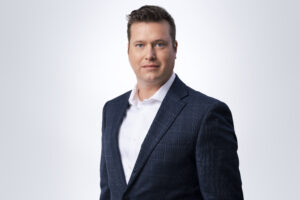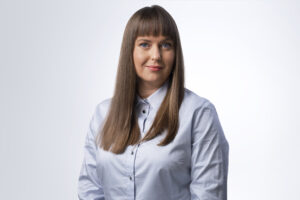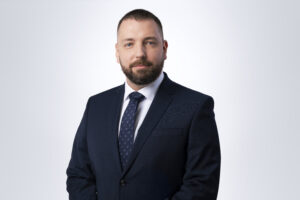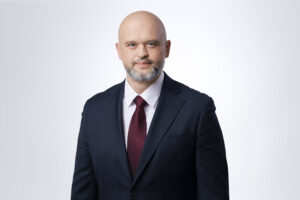Where will the specialists come from to work in Estonia's first nuclear power plant?
- Around 200 high-paying jobs will be created at the two-block nuclear power plant.
- 80 percent from employees must be typical energy engineers.
- The average salary of a nuclear power plant worker could be around €4,000 in 2023.
An overview of the competences required:
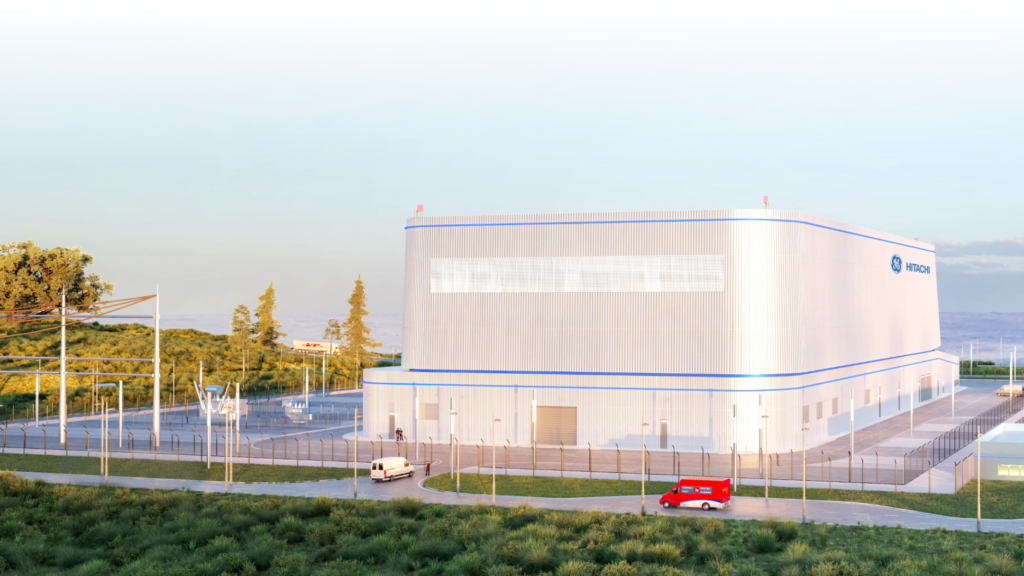
The roadmap for the workforce needed for the deployment of nuclear energy, both for the developer and for the Estonian state, has been prepared by Fortum, the Finnish national energy company. (Link)
The results of the study showed that the small two-reactor nuclear power plant planned for Estonia will employ around 200 people, of which 20% would be professionals with experience in nuclear energy. The majority of the staff, 80%, would be well-qualified, typical energy engineers such as electricians, heat engineers, pipe fitters and mechanics, who would receive appropriate training to meet the specific requirements of the plant.
TThe average salary for night workers could be around €4,000 in 2023.
Employee profile:
What jobs does the plant offer?
Technical specialists
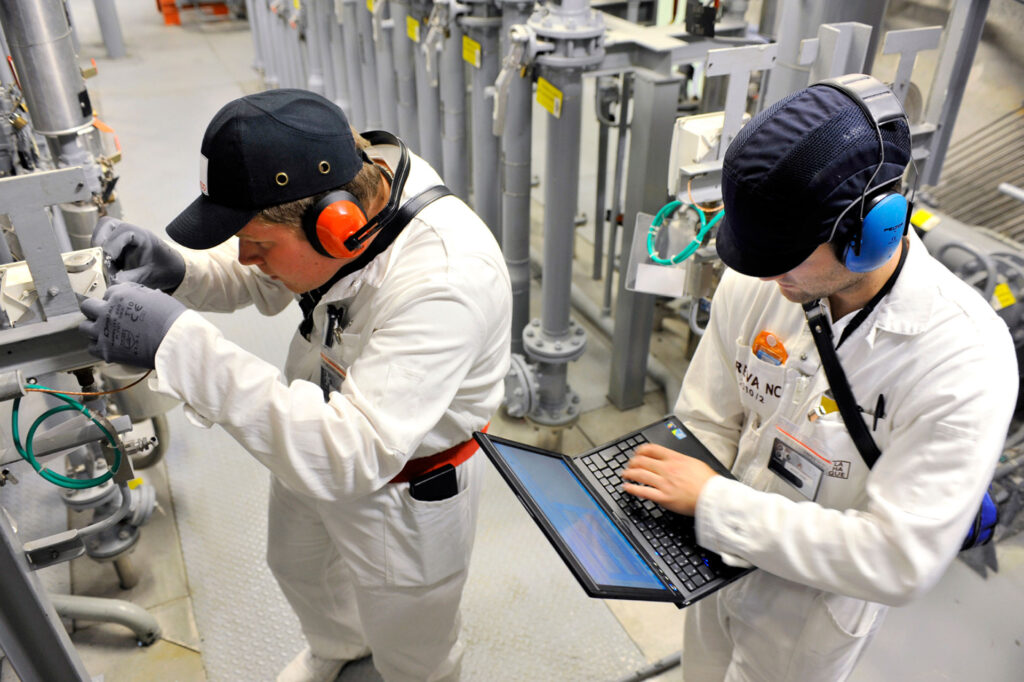
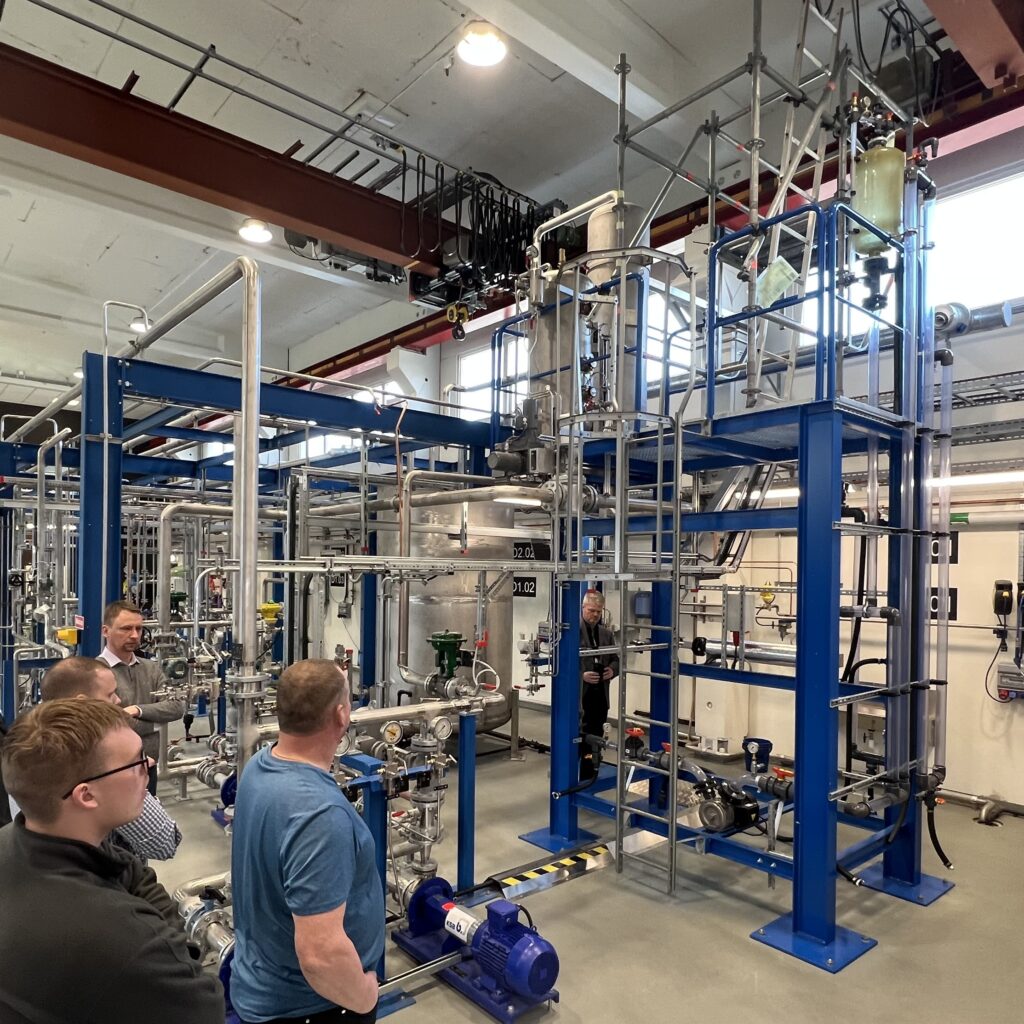
The main jobs that provide the skills needed by the potential Estonian nuclear industry are:
- electricians;
- electrical engineers;
- chemists;
- chemical engineers;
- mechanical engineers;
- civil engineers;
- safety and environmental specialists.
In addition, nuclear plants and supporting infrastructure require people with traditional general construction skills:
- carpenters;
- masons;
- tower fitters;
- blacksmiths;
- heavy equipment operators;
- welders.
Source: National strategy for training of professionals (Link)
A significant proportion of the people needed to work in a small nuclear power plant will be in the same professions as in the power plants that are still operating in Estonia.
As a large part of the plant will need the same staff as already exists in shale thermal power plants, they will be trained under a system similar to that in the shale sector: vocational training will suffice, and they must be prepared for English-language training in Finland or Sweden.
At the end of 2019, the core oil shale sector employed around 5,800 people. Source: praxis.ee
Watch a video of what a modern nuclear plant looks like from the inside
Qualified and experienced staff with core competences
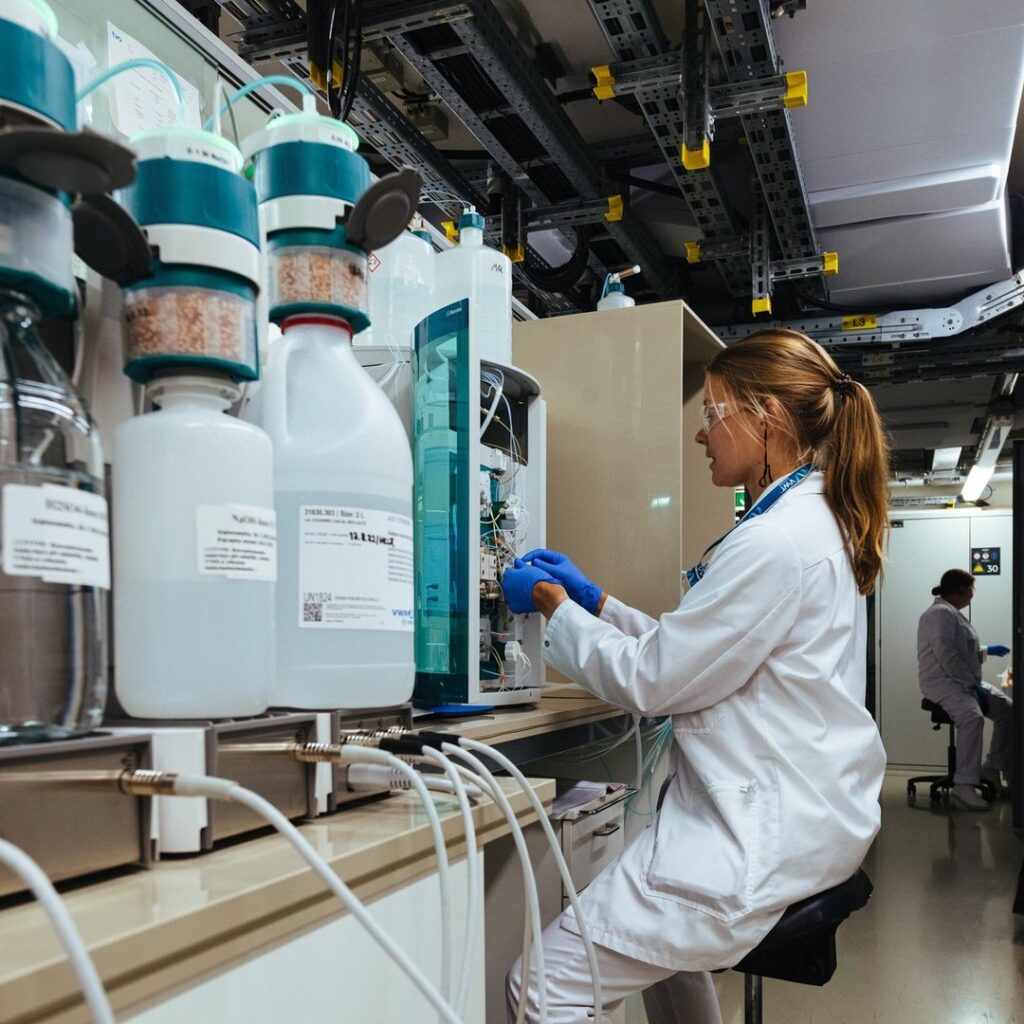
An important part of the staffing strategy for the early years of the Estonian nuclear programme is the recruitment of external experts to fill those positions in the regulatory body and the operator that require significant experience, knowledge and skills in the nuclear field.
In the case of both the regulator and the operator, priority should be given to the general management, the heads of the functional divisions and the management trainers who supervise and mentor less experienced staff.
Experienced staff with core competences:
- general management;
- functional area managers;
- operational training staff and instructors;
- operational supervisors and managers;
- lead experts for each process and programme;
- station operations and chemical staff.
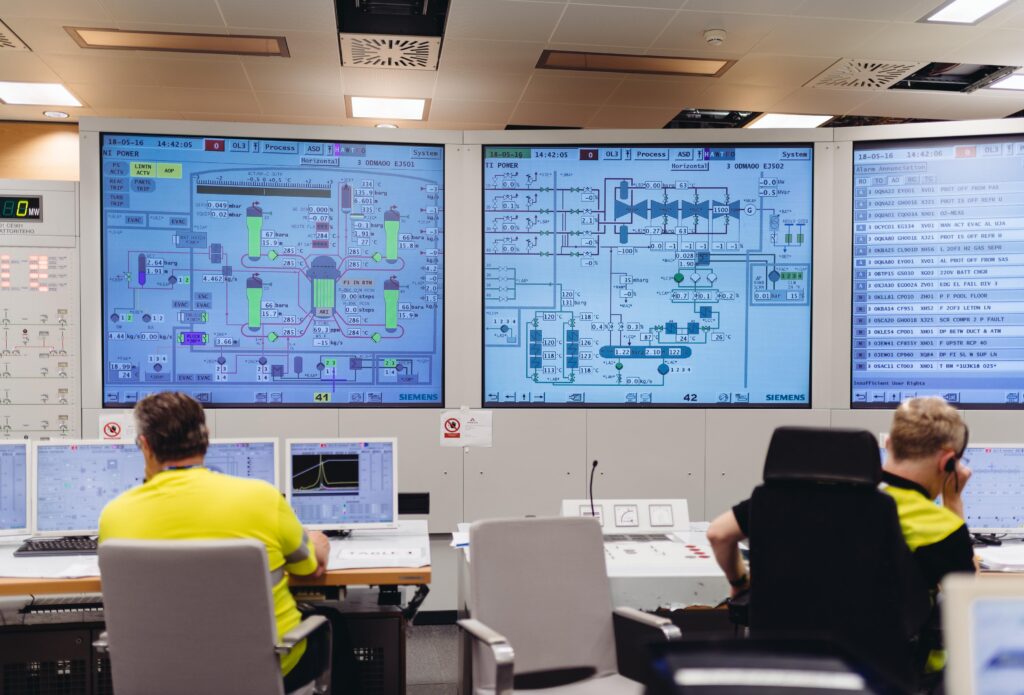
Reactor operators, or plant operators, usually have to undergo at least two years of classroom training and simulator and on-the-job training before they can be licensed to work as plant operators.
There are not enough people with these skills in Estonia today. However, if the necessary training is started now, i.e. by setting up the necessary training programme and facilities, including access to a simulator, the necessary personnel could be in place by the time they are needed for the commissioning and start-up of a nuclear power plant.
The staff of the future Estonian plant will be trained at a certified training centre for reactor designers (for example in Sweden). A training simulator (a replica of a command room) will also be built in Estonia, where staff will continuously train their performance in normal and emergency situations.
Fermi Energy supports students' studies in nuclear energy field
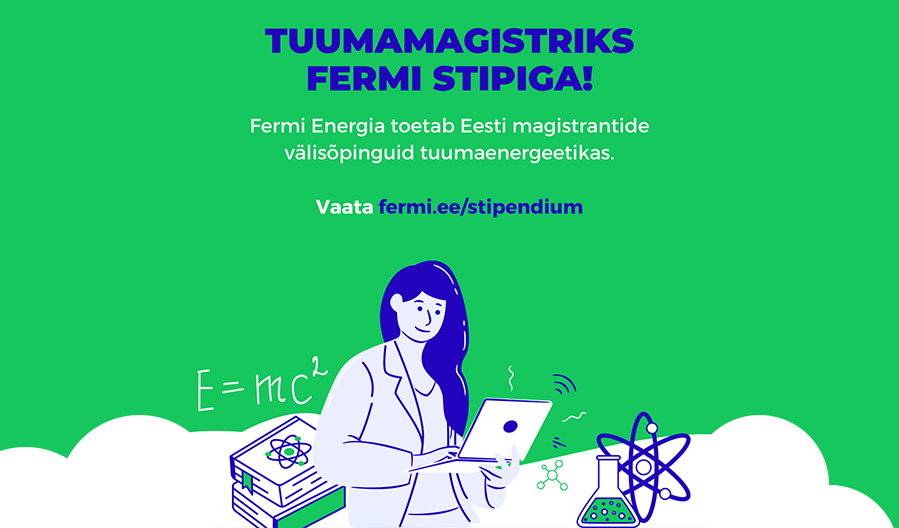
Nuclear power plant needs ca 30 graduates in nuclear energy or nuclear physics whose gradual training is already well under way.
Fermi Energia awards two scholarships a year to support Estonian students studying abroad in the field of nuclear energy. The scholarship will support two academic years of study abroad at the postgraduate level.
More information: fermi.ee/scholarship/
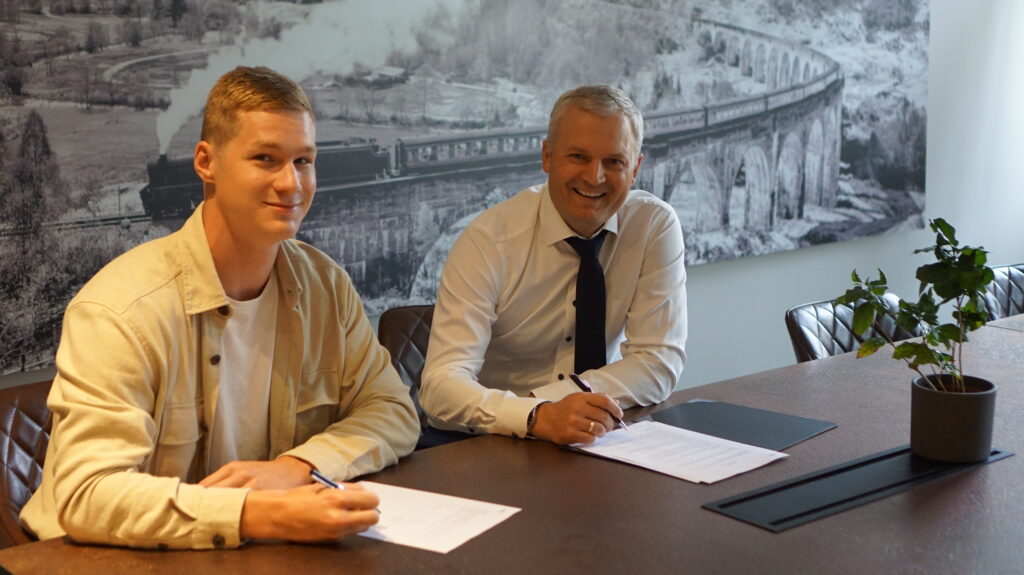
Rainer Kelk | Fermi Energy 1st year fellow
Rainer Kelk, who received his Master's degree in Nuclear Engineering from the Federal Institute of Technology Lausanne (EPFL) and the Swiss Federal Institute of Technology Zurich (ETHZ), completed an internship at Nagra during the summer. This company is active in the analysis and planning of radioactive waste disposal in Switzerland. After graduation, he plans to return to Estonia and start working on a future nuclear power plant project in Estonia.
Mihkel Aavik | Fermi Energy 1st year fellow
Graduated from the European Master's in Nuclear Energy and joined Edvance, part of the French nuclear operator EDF. He is responsible for the electrical systems design of the EPR1200 reactor.
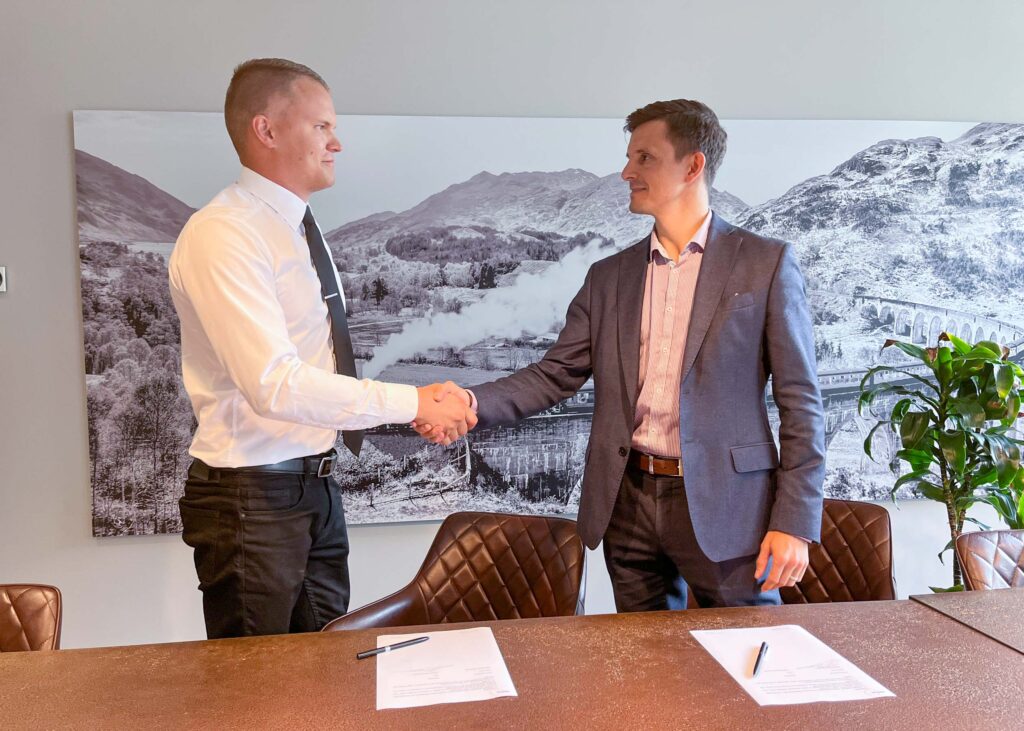
Ayrton Hüüs | Fermi Energy 2nd year fellow
Studying at the Faculty of Nuclear Energy at the Royal Swedish Institute of Technology (KTH). Ayrton Hüüs already has engineering experience. He plans to do an apprenticeship as an engineer at WSP in Canada and to study the use of small reactors in marine propulsion systems.
Elise Poom | Fermi Energy 3rd year fellow
Studying at the Faculty of Nuclear Energy at the Royal Swedish Institute of Technology (KTH). Lcompleted an internship in a nuclear energy working group and also studied nuclear waste management in Italy.
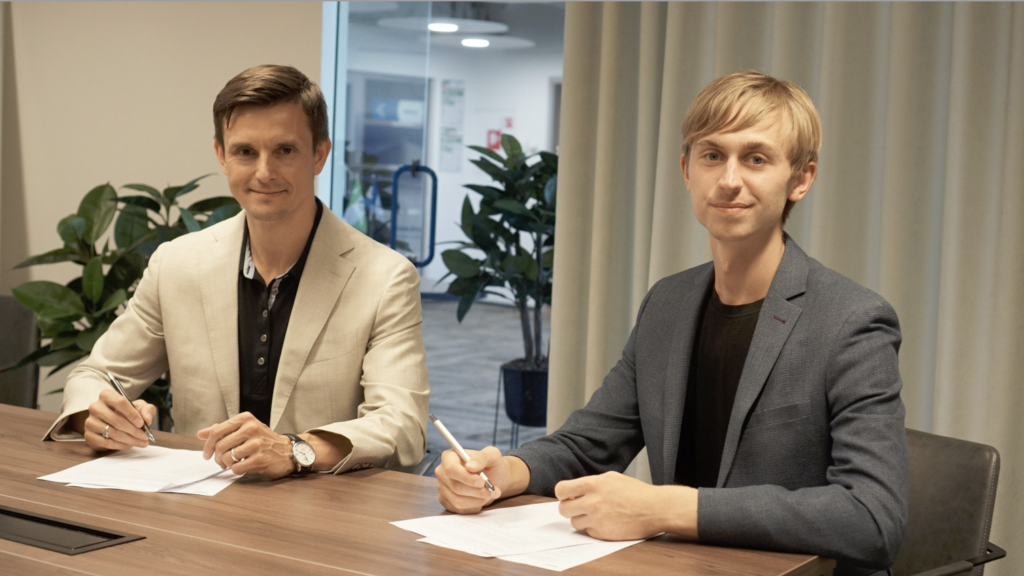
Hendrik Vija | Fermi Energy 3rd year fellow
Graduated with honours (cum laude) from the Faculty of Mathematics, University of Tartu. Currently studyingat the Faculty of Nuclear Energy at the Royal Swedish Institute of Technology (KTH).
Nuclear energy education in Estonian universities
There are currently some courses on nuclear energy at TalTech and the University of Tartu.
- Modern nuclear power engineering - TalTech
- Reactor Physics - TalTech
- Nuclear power plants: problems and challenges - TalTech
- Nuclear Technology Seminar - University of Tartu
- Experimental Methods in Nuclear Physics - University of Tartu
- From cosmic rays to the nuclear plant - University of Tartu
- Environmental dosimetry and radiation protection - University of Tartu
Fermi Energy competences
The founders and employees of Fermi Energia, a company developing a small nuclear power plant project for Estonia, have both PhD and Master's degrees in nuclear energy and extensive work experience from nuclear power plants in Finland and Sweden, CERN, energy companies and research institutions in Estonia and beyond.
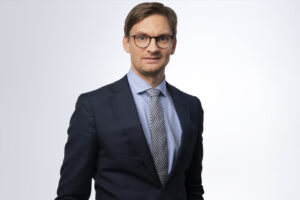
Marti Jeltsov
Education: PhD in Nuclear Engineering from the Royal Swedish Institute of Technology (KTH).
Experience: Vattenfall's energy markets expert. Head of the KBFI Nuclear Technology Group.
Member of the Energy Committee of the Estonian Academy of Sciences.
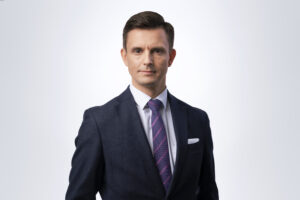
Henri Ormus
Education: M.Sc. in Nuclear Engineering, degree from the Royal Swedish Institute of Technology (KTH). Second Master's degree in Electrical Engineering from Taltech.
Experience: Worked in the USA at Westinghouse. Responsible for the probabilistic risk assessment of small modular reactors. He worked as an engineer for Fennovoima, a Finnish company building nuclear power plants in Finland.
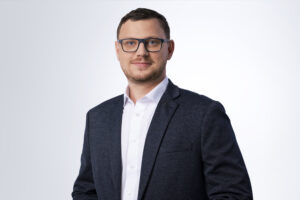
Andrei Goronovski
Education: PhD student at the Faculty of Science and Technology, University of Tartu. He holds a Master's degree in Nuclear Engineering from the Royal Swedish Institute of Technology (KTH).
Experience: Research Fellow in Reactor Safety and Thermomechanical Analysis at the Royal Swedish Institute of Technology (KTH). Mechanical engineer at ABB.

Rainer Kelk
Education: Master's degree (M.Sc.) in Nuclear Engineering, a joint programme between the Federal Polytechnic School of Lausanne and the Swiss Federal Institute of Technology Zurich (ETHZ).
Experience:
Completed a traineeship at Nagra. This company is involved in the analysis and planning of radioactive waste disposal in Switzerland.

